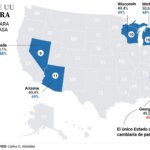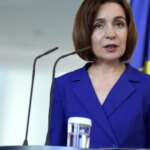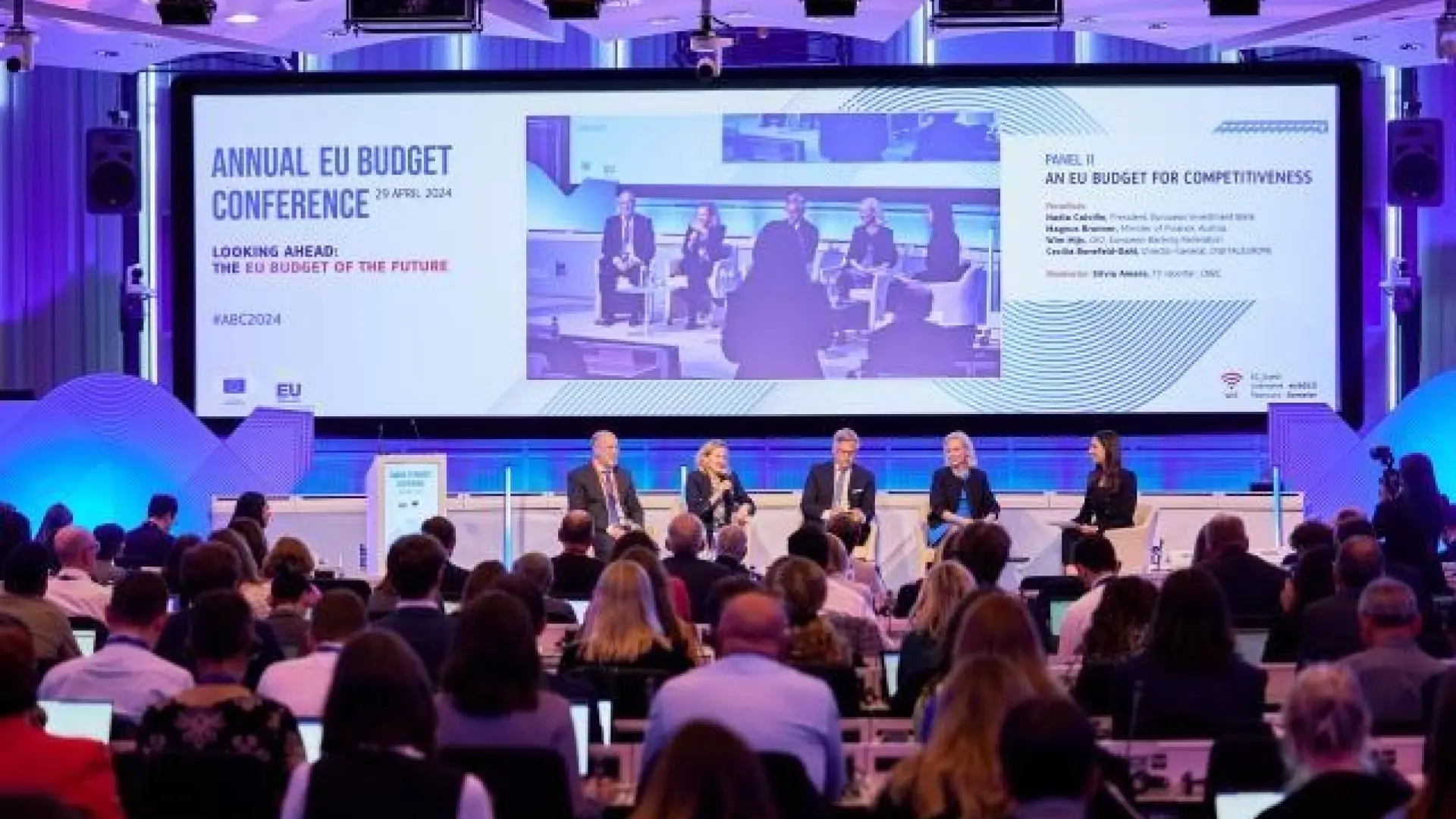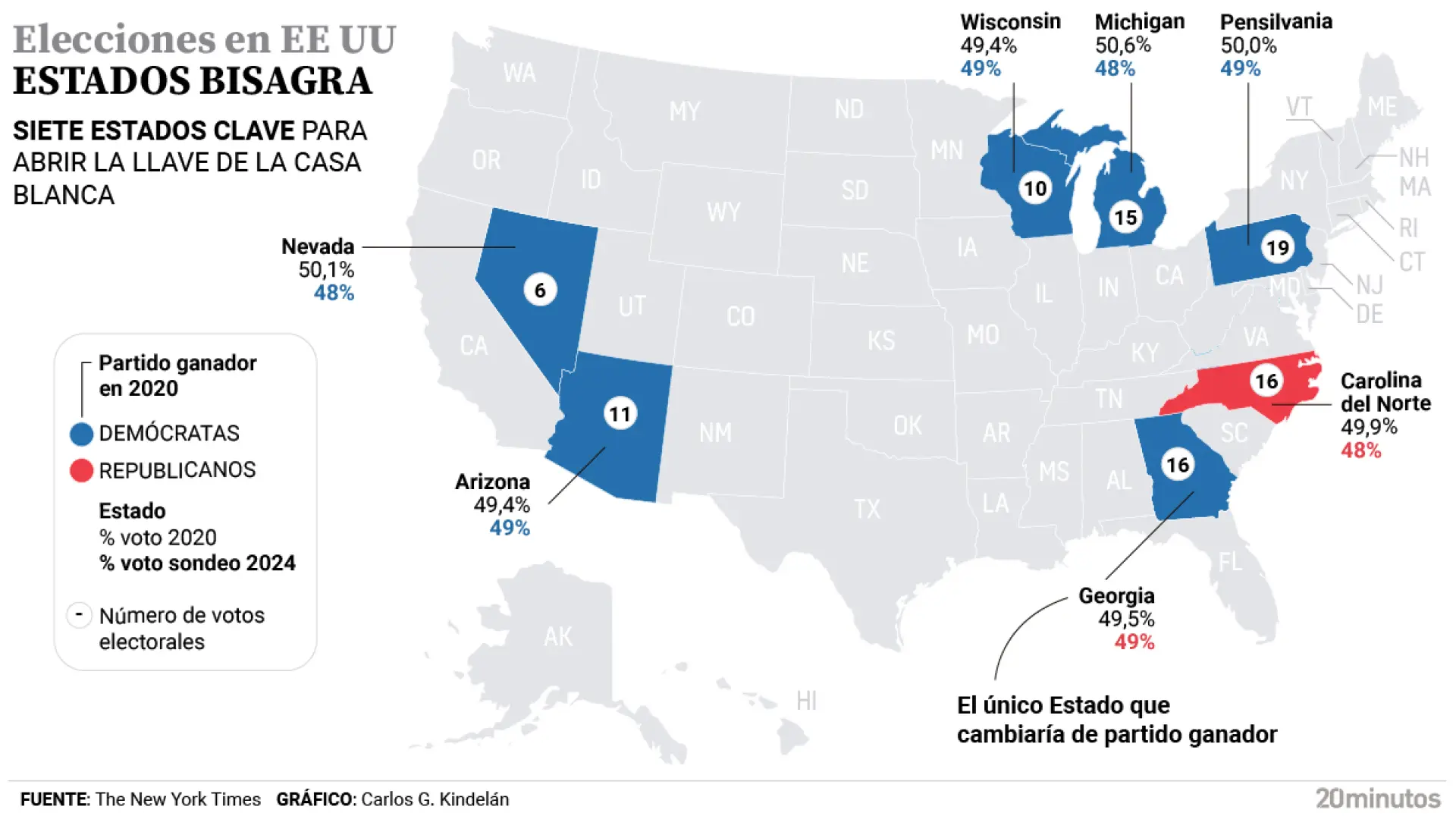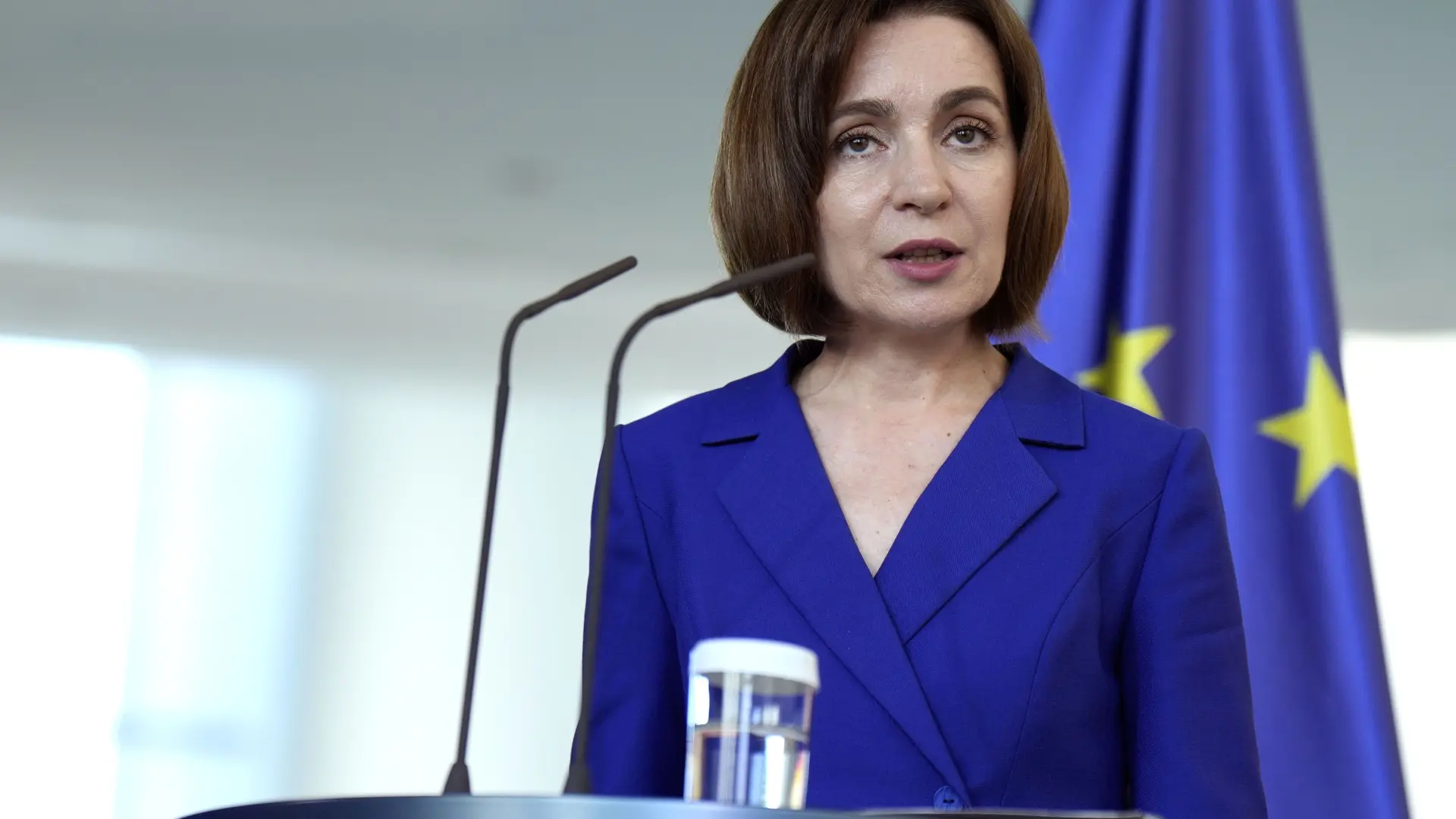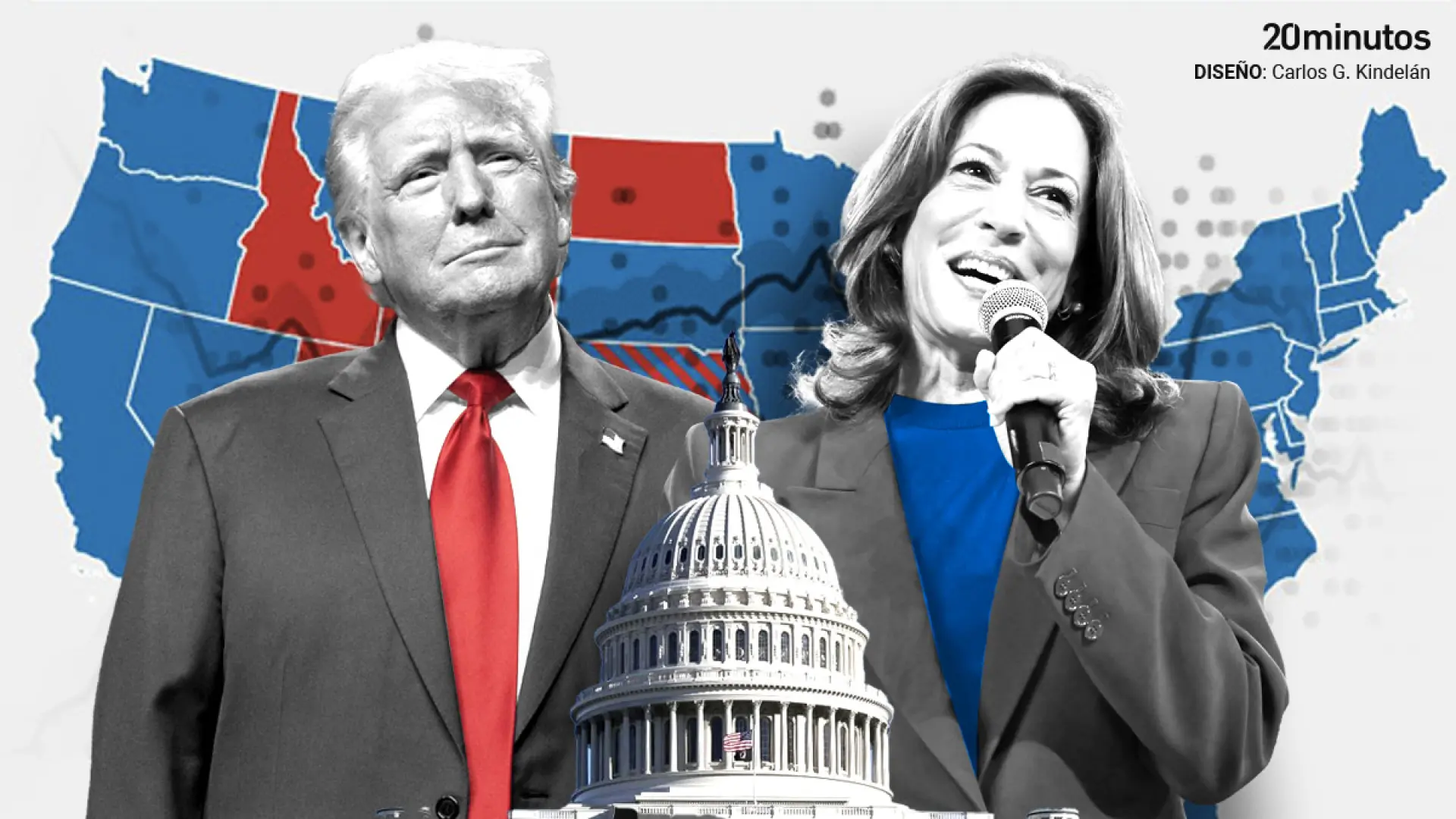The European Union has been compelled to rethink itself and on this course of there is a key aspect: cash. The message is that the bloc needs more funds and that may have been one of many conclusions of the annual convention on the EU price range that was held this Monday in Brussels. Defense, trade, new widespread investments or growth, as well as to retaining challenges alive resembling digitalization or the combat in opposition to local weather change, they’re the numerous pillars on which the group challenge will be sustained within the coming years; But for nothing to falter, more funds are wanted, for many who are already there and for many who are but to arrive.
Under this declare and with such a demanding and altering state of affairs, the Budget Commissioner, Johannes Hahndefined that member countries should “keep away from falling into the obsession that the price range can not exceed 1% of EU GDP”. That ought to be step one, in accordance to the phrases of the Austrian chief. “Once we’re clear and agree on our widespread priorities, we will need to have ample funds to meet joint needs,” he added. For him, the best way ahead is all of the investments and all of the bets made within the final 5 years, for instance with the post-pandemic restoration fund. “It all makes up a very powerful monetary bundle within the historical past of the EU,” he concluded.
But more is wanted, and it is tough to discover somebody who says in any other case. “We have to be more bold as a result of a good price range for the long run shall be excellent news for the way forward for the Union,” stated the Croatian Prime Minister, Andrej Plenkovic, who confirmed a good photograph of financial dynamism within the final Member State to be part of the Union, in 2013. That similar line had additionally been marked by the minister Belgian Foreign Ministry: “When we allocate sources, it is important that our price range actively reinforces the elemental values that outline us,” Hadja Lahbib declared on the occasion, including that within the final 5 years there have been “important advances” when it comes to exactly relating funds to the safety of the rule of legislation.

A key message of the day was given by the president of Moldova, Maia Sandu. His nation is a candidate for accession to the EU and has a lot to say: thus, he claimed “a new Marshall plan” for these on the ready listing, with particular consideration to Ukraine. “Just because the American Marshall Plan supplied Western Europe an financial lifeline after the Second World War, Moldova and Ukraine want an equal from the European Union,” he acknowledged, leaving the door open to a mannequin that could possibly be prolonged to the remainder of the candidate countries. ; There are a complete of eight and a block entry would pressure a complete restructuring of the Union’s accounts.
“The Marshall Plan was designed to exhibit to an exhausted continent that capitalism and democracy have been a higher path than that supplied by communism. Today’s fashionable model may even have to supply comparable hope to these of us working our means in the direction of accession to the EU,” added Sandu, virtually endorsing a proposal that was already launched many months in the past by her Ukrainian counterpart, Volodimir Zelensky. For the Moldovan president there is no different possible path as a result of, she stated, “Europe has at all times taken a step in the direction of entrance and has discovered the sources to help as a result of we Europeans imagine that the unfold of evil can solely be stopped by the unfold of goodness.
Enrico Letta accomplished his message from the previous couple of weeks and assured that the EU Budget “has at all times been poor by definition” and that it will be expanded “with out the necessity to reform the Treaties”, since proper now that is a problem that the Member States are not looking for to see even in portray. The former Italian prime minister pulled the thread of his report on the one market that he offered to EU leaders a few days in the past.

“There are three important points: transition, growth and protection,” stated Letta, with premises that he already acknowledged on the time throughout an interview with 20 minutes. These points, he stated, “aren’t marginal”, neither in ambition nor in financing, and he issued a warning: “It is clear that we can not handle these three important parts within the present EU price range framework”. The world has modified and the Union has to change with it and that is why, Letta identified, “the budgetary framework and mentality should change.” The resolution is not magical for the Italian chief, and totally different parts come into play. “Economics alone can not save us, and we want politics too,” she concluded.


